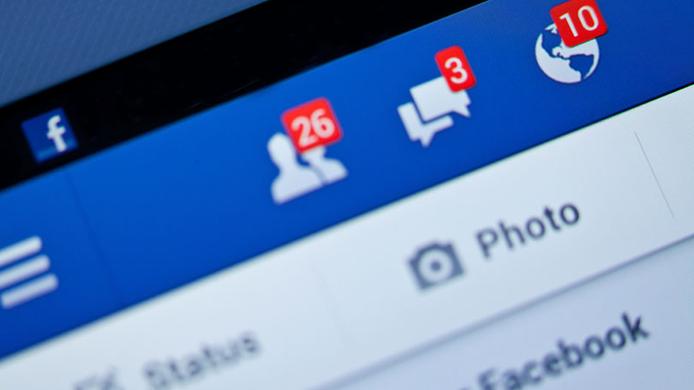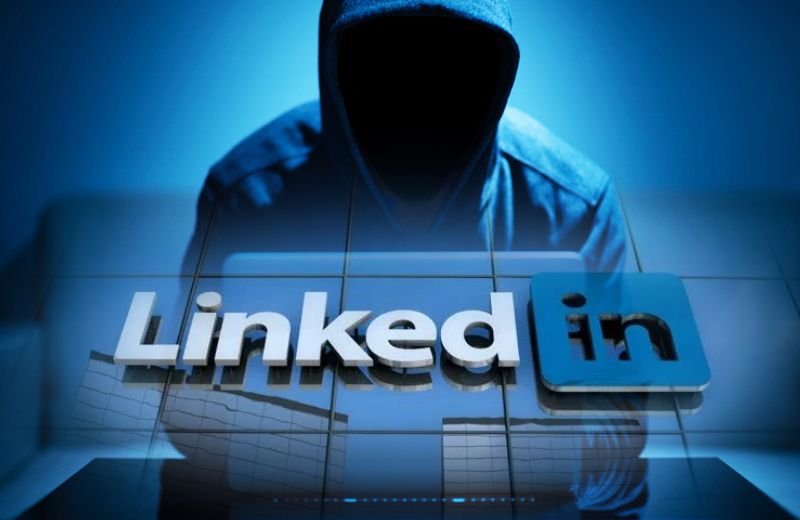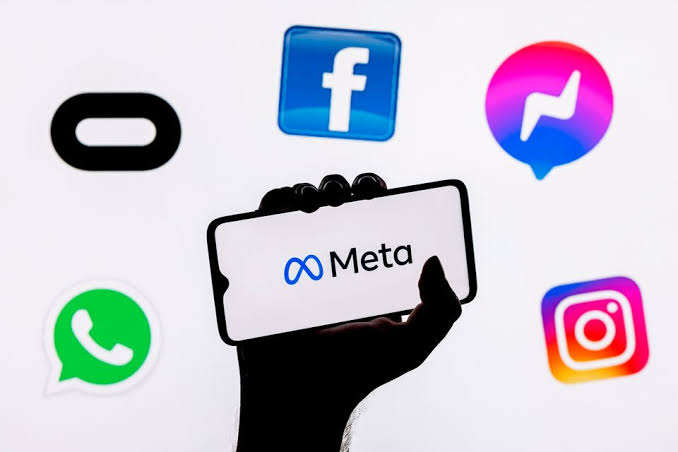Facebook has confirmed it has a data-sharing partnership with Chinese firms including Huawei, a company US intelligence previously flagged as a security threat.
The agreements gave the Chinese firms some access to users’ data to help them build Facebook “experiences” on their own platforms.
Facebook said all the data collected remained on users’ phones not servers.
The company is already under scrutiny over how it uses members’ information.
Facebook has been blocked in China since 2009 but the company has been trying to find other ways to access the massive potential market.
The New York Times reported earlier this week that Facebook had given at least 60 device-makers access to users’ data – and that of their Facebook friends – without obtaining explicit consent and that in some cases the details were stored on the firms’ own servers.
Facebook rejected claims that this had been a breach of privacy pledges that it had made to its members and a US regulator.
Senator Mark Warner, who sits on the US Senate Intelligence Committee, said news that Huawei was among the companies getting the privileged access to the Facebook data raised “legitimate concerns”.
On Tuesday, Facebook responded by saying it “along with many other US tech companies have worked with them [Huawei] and other Chinese manufacturers to integrate their services onto these phones”.
Francisco Varela, vice-president of mobile partnerships for Facebook, said the integrations with Huawei, Lenovo, OPPO and TCL were “controlled from the get go” and that “we approved the Facebook experiences these companies built”.
“Given the interest from Congress, we wanted to make clear that all the information from these integrations with Huawei was stored on the device, not on Huawei’s servers,” he added.
In 2012, the US House Intelligence Committee warned US companies against dealing with Huawei and another Chinese telecoms firm, ZTE.
A report by the committee asked whether the firms were too close to China’s Communist Party and its military. It also suggested their products and services could pose a long-term security threat to the US.
Facebook had already come under fire over its involvement in a scandal involving consultancy firm Cambridge Analytica.
The firms were at the centre of a dispute over the harvesting and use of personal data – and whether it was used to influence the outcome of the US 2016 presidential election or the UK’s referendum on leaving the EU.
Facebook founder Mark Zuckerberg in May apologised to EU lawmakers for the company’s role in the Cambridge Analytica scandal and for allowing fake news to proliferate on its platform.




